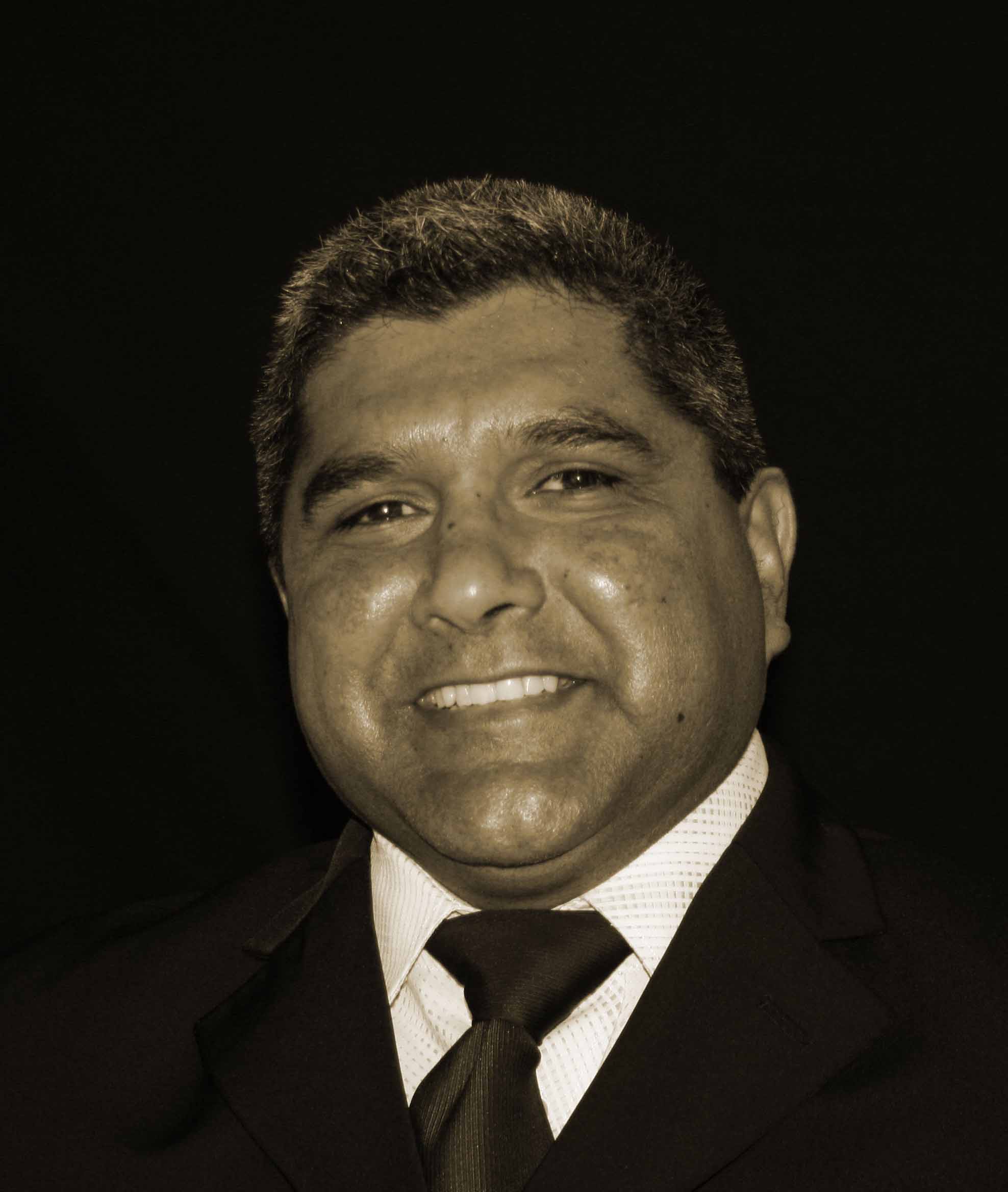The next generation of Papua New Guinea’s leaders is waiting in the wings for its chance to guide its nation into the future: they are smart and keen to take up the challenge and they are brimming full of hope and bright promise.
And they’ll now have the chance to expand and develop their leadership skills and potential, thanks to the generosity of one of New Guinea’s ‘old hands’, the late planter, Coast Watcher and philanthropist, Fred P. Archer, who died in 1977 aged 87.
This week, Australia’s High Commissioner to Papua New Guinea, Mr Ian Kemish AM, announced the 2011 Archer Scholars in Port Moresby - a program that offers six final-year PNG tertiary students an unique year-long intensive leadership program (incorporating private mentoring, community development placements, work experience, tuition and boarding support, resource support, and an exchange program to Australia).
Supported by a grant from the estate of the late Fred Palmer, the scholarships are a joint initiative of the Kokoda Track Foundation (a not-for-profit organisation working in the areas of education, health, community development, and microbusiness in PNG) and the Trust Company (one of Australia’s biggest trustees), which manages Fred Archer’s estate.
The Archer Leadership Scholars Program aims to identify and foster the next generation of PNG leaders.
The Foundation called for applications from final-year students, aged between 18 and 35, who are PNG citizens and of PNG heritage from tertiary institutions across the nation and, in this, the first year of the program, it found a wealth of exciting potential leaders.
A shortlist of 14 candidates underwent an intensive interview process and the following six students emerged as the 2011 Archer Scholars:
- · Nellie Hamura (Pacific Adventist University; Master of Arts in Pastoral Ministry; Eastern Highlands)
- · Brendan Pulai (University of PNG; Public Policy Management; East Sepik)
- · Geoffrey Ulsimbi (University of PNG; Environmental Science & Geography; East Sepik)
- · John Pota (University of PNG; Accounting; Manus)
- · Richard Faveve (Pacific Adventist University; Secondary Teaching; Central)
- · Jimmy Mai (Divine Word; PNG Studies/Community Development; East Sepik)
The Archer Leadership Scholarships represent the Kokoda Track Foundation’s first foray out of the Kokoda catchment area. The Foundation has been running its Fuzzy Wuzzy Angel Scholarship program since it began working in PNG in 2003, offering scholarships to bright students attending primary and secondary schools throughout the Track catchment area. This year the Foundation is supporting 313 students on scholarships.
The Archer Scholars program will allow the recipients to extend their leadership skills as they enter the workforce and take other leadership roles in PNG society. It will honour the memory of Fred Archer, who firmly believed that education was the key to Papua New Guineans’ future success, both individually and as a nation.
The son of a drover, Fred Archer served with the AIF in WWI, before moving to New Guinea in 1923 where he became a very successful planter on Bougainville and New Britain.
When the Japanese invaded the Pacific during the Second World War Fred Archer stayed behind and joined the Coast Watchers, hiding behind enemy lines and reporting on their movements.
After the war he rebuilt his shattered plantations to prosperity and created the Bougainville Company, a highly successful sea freight operation.
After he retired, Fred devoted himself to philanthropic work, providing education opportunities for generations of islanders. He paid school fees, attended graduations, sending many local children to the best available schools.
Shortly before he died, Fred formed his company into a charitable trust to be managed in perpetuity with dividends distributed each year to charities in PNG and Australia.
 Friday, March 4, 2011 at 2:06PM
Friday, March 4, 2011 at 2:06PM 